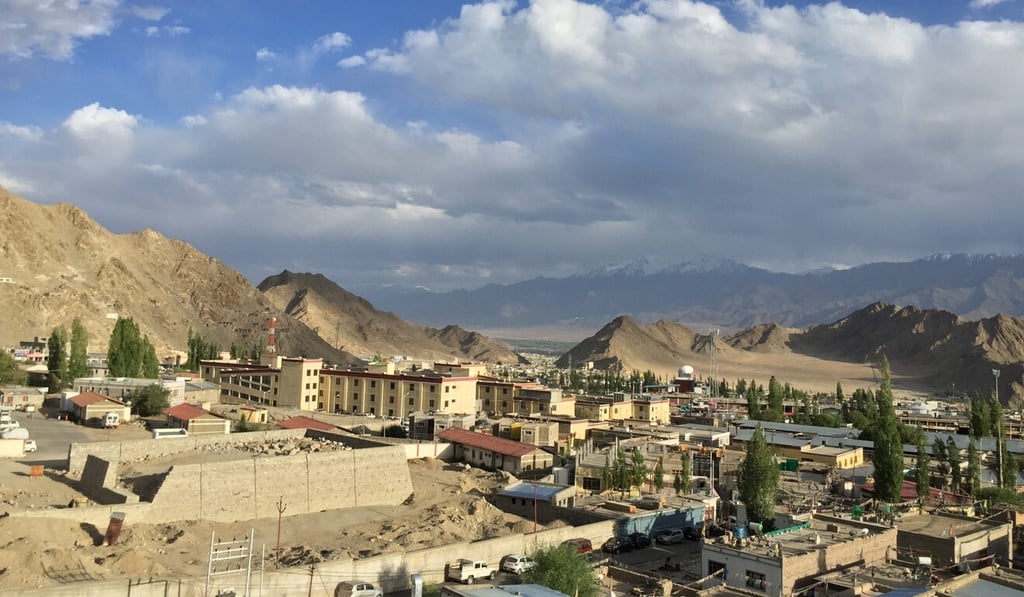India’s Ladakh is in the ‘stone age’. Envying China makes life harder
- Villagers suffering in the harsh climate amid poor infrastructure and a lack of electricity can see across the Indus River to development on the Chinese side
- To residents, the lack of basic requirements belies the nationalistic and pro-business agenda of the ruling Bharatiya Janata Party

Every evening, Urgain Chodon stares at the dots twinkling on the mountain across the river, and curses her luck. The lights are bulbs shining from the structures on the Chinese side of the border, and they fill her with sadness.
“Even the word development has not touched this area. We live like in the stone age,” said Chodon, who travelled to many Indian cities during her college years. “We still have to fetch water from the river.”
Life in Ladakh is tough because of its inhospitable geography and harsh weather. High-altitude mountains cover most of the region, and in some areas the temperature dips to -25 degrees Celsius in winter. Civilisation is spread out – the closest village to Koyal is 40km away and the major city and capital, Leh, is 260km west.
